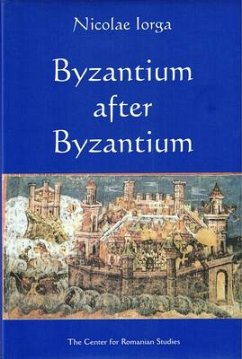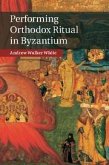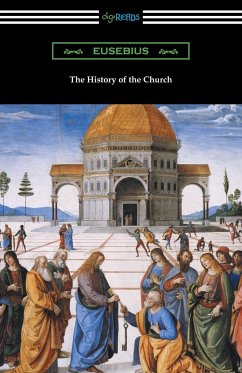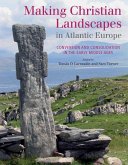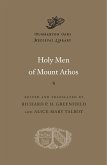Although Constantinople fell to the Turks in 1453, bringing an end to the Eastern Roman Empire which had survived its predecessor in the West by nearly one thousand years, this important book argues that Byzantium did not die, but continued to influence European history all the way up to the beginning of the nineteenth century.
Hinweis: Dieser Artikel kann nur an eine deutsche Lieferadresse ausgeliefert werden.
Hinweis: Dieser Artikel kann nur an eine deutsche Lieferadresse ausgeliefert werden.

